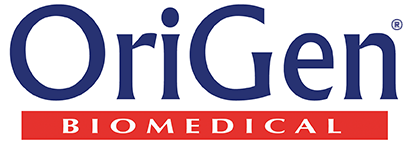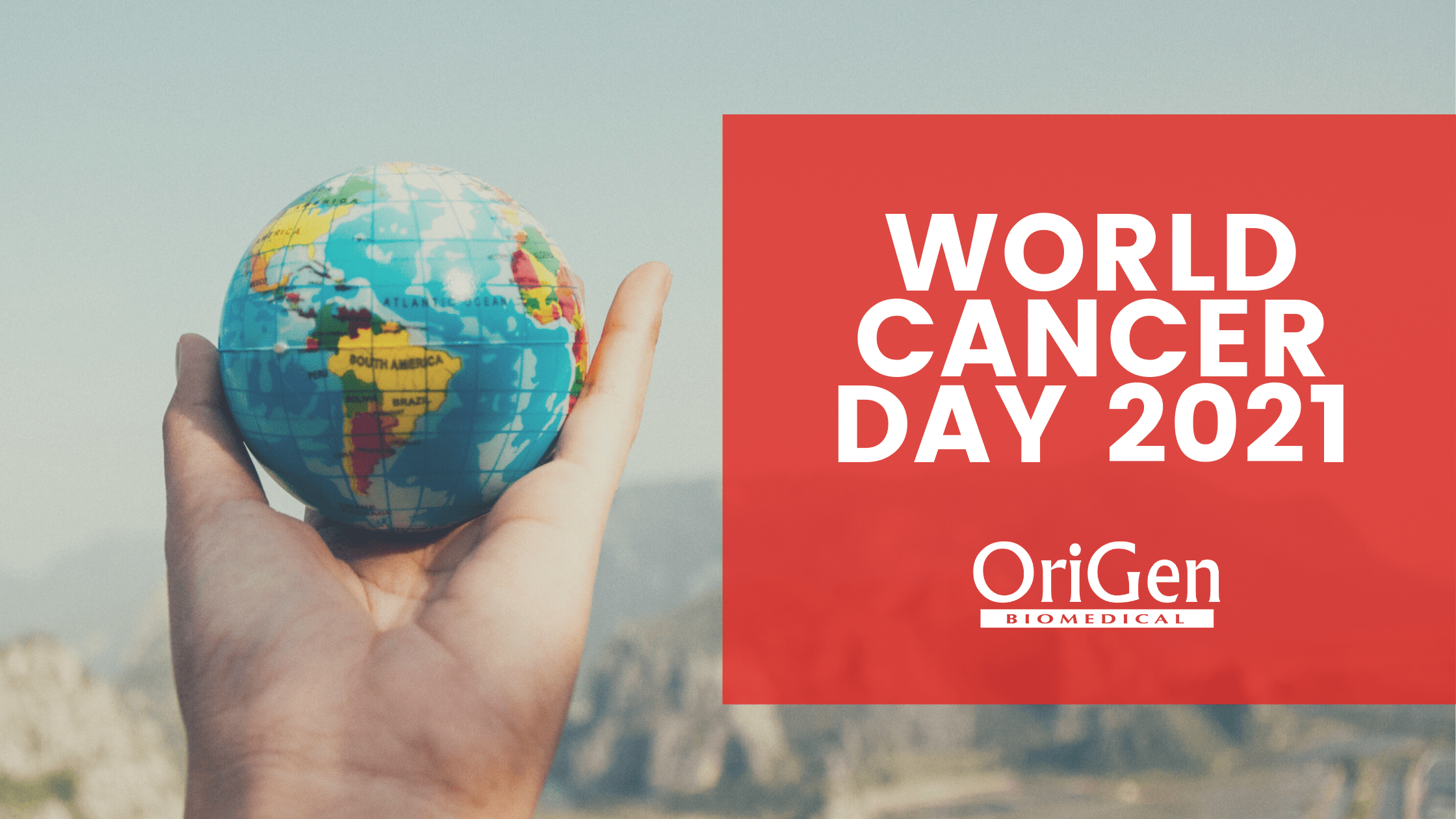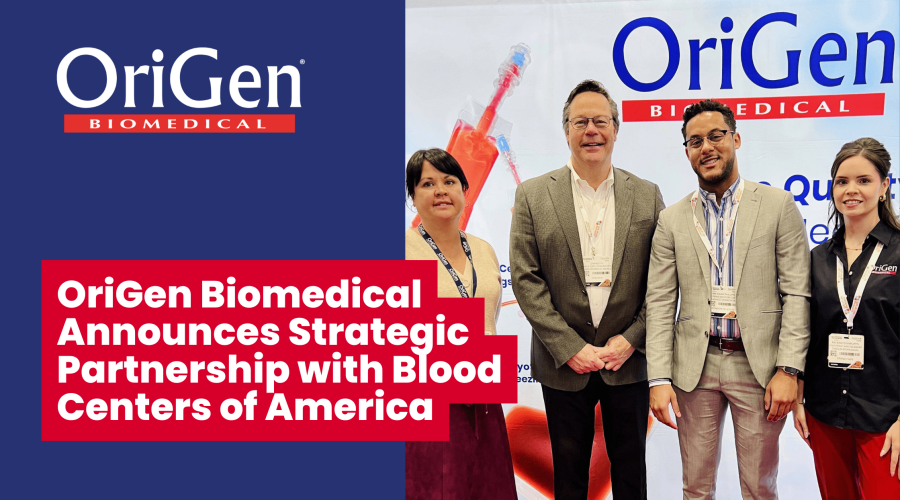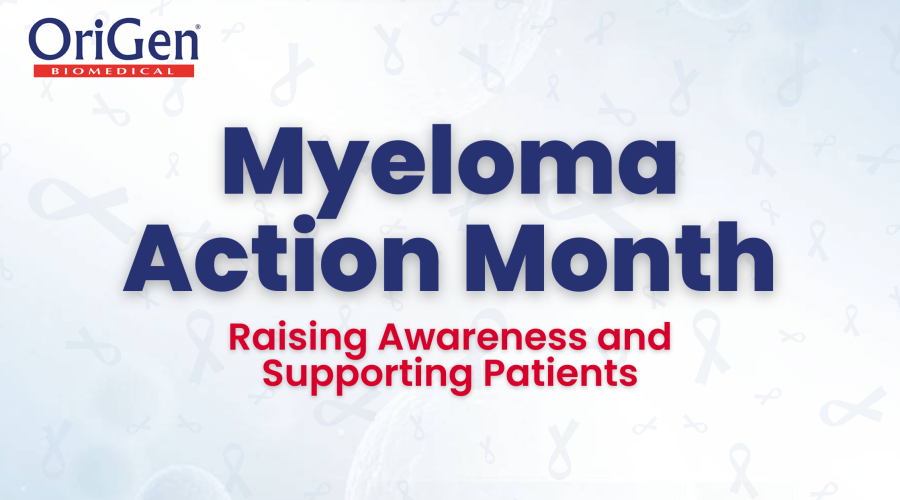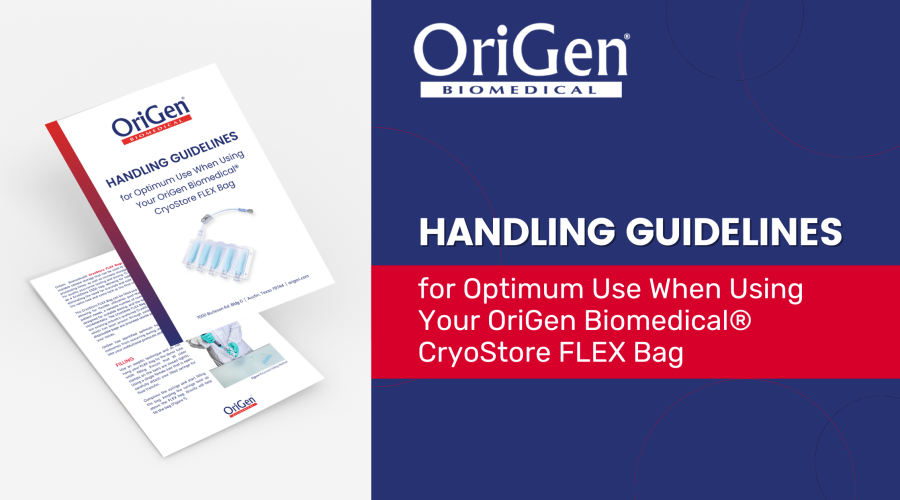Today is World Cancer Day, a day of awareness for a disease that affected 18.1 million people worldwide in 2018 alone. By 2040, the number of new cancer cases per year is expected to rise to 29.5 million.[1] World Cancer Day is led by the Union for International Cancer Control (UICC) to support the goals of the World Cancer Declaration, which was written in 2008. UICC’s more than 1,200 members include cancer societies, governmental agencies, treatment and research centers, patient support groups, and professional associations from around the world. UICC also works with over 60 partners, including other health organizations, foundations, and private sector companies committed to the fight against cancer.
Oncology was slated to be the top therapeutic area for clinical trials planned to start in 2020, making up 31.8% of planned trials for the year.[2] “In oncology, a majority of the studies are in phase 1 and phase 2,” Mohamed Abukar, a pharmaceutical analyst at GlobalData, commented in a press release. “A large number of early-stage clinical trials within this field are likely to be due to the demand for novel therapeutic approaches addressing unmet medical need which can be achieved through investigations in the clinical setting.” Unfortunately, that was prior to the rise of the global pandemic that has affected everyone and everything in so many ways.
The number of oncology clinical trials that were open for recruitment significantly decreased due to the COVID-19 pandemic. Between February and May 2020, 920 interventional oncology trials were interrupted due to COVID-19.[3] From January 1, 2020, to May 31, 2020, there were 817 clinical trials involving cancer, compared with 1,405 during the same period last year. This represents a 41.8% reduction of the recruiting clinical trials in oncology.[4] The pandemic severely interrupted the usual clinical trial calculations by adding new risks for patients, unprecedented risks for trial staff members, and an unexpected need to take local healthcare resources into the equation. [5]
Even with these added uncertainties brought on by the global pandemic, research and progress continued. It was both inspiring and impressive that researchers, scientists, healthcare workers, and patients in the clinical trials persisted through these new obstacles in a search for a cure. As COVID-19 cases begin to decrease and the pandemic lessens its impact overall, we anticipate continued advancement in cancer research.
OriGen Biomedical manufactures a broad variety of medical devices utilized to manufacture cell therapy products, including PermaLife Cell Culture Bags, that have been successfully used on patients undergoing CAR-T cell therapy for the treatment of blood cancers. This type of treatment includes taking a patient’s T-cells, a type of immune system cell, and changing them in the laboratory so they will attack the cancer cells once introduced back into the patient. As of June 30, 2020, there were 357 CAR-T cell clinical trials in China, 256 trials in the United States, and 58 trials in other countries.[6] These clinical trials look very promising.
The video below features Chasity, the ‘miracle baby’ who beat aggressive Leukemia after successful CAR-T cancer immunotherapy. OriGen is proud to support the CAR-T market. Together we are changing lives and helping fight cancer.
